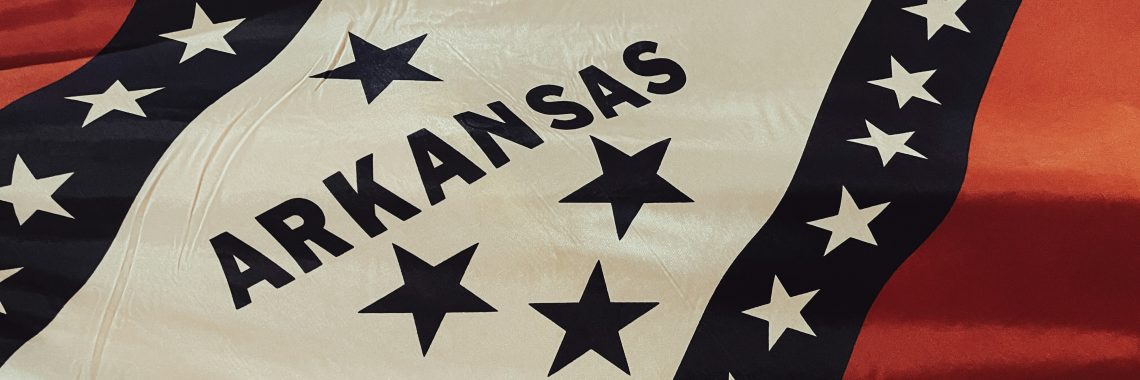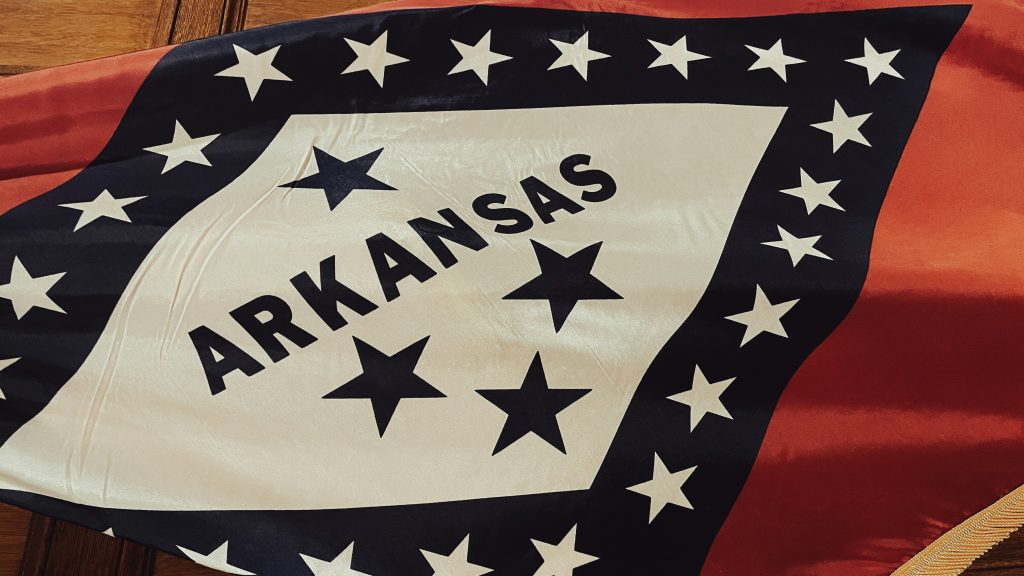Life, Liberty, and Litigation: Here are This Week’s Top Stories

Here’s a quick recap of the week’s top stories from Family Council and our friends:
From Family Council
Despite Cold, Arkansans March for Life in Little Rock: On Sunday, Arkansans gathered in Little Rock to mark the state’s 48th annual March for Life. Keep Reading.
Pro-Life Isn’t Just a Slogan. It’s a Lifestyle. Contrary to what many people claim, pro-lifers — and Christians as a whole — are among those who are most likely to support women and children, and they tend to be more charitable than the general population. Keep Reading.
Planned Parenthood PAC Inactive in Arkansas: Planned Parenthood’s most recent political action committee report shows the organization did not spend any money campaigning in Arkansas during the final three months of 2025. Keep Reading.
U of A Rescinds Job Offer to Applicant Who Signed Legal Brief Against Fairness in Women’s Sports Law: The University of Arkansas School of Law has withdrawn a job offer to an applicant who signed a legal brief against a state law protecting fairness in women’s sports last November. Keep Reading.
Authorities Announce Sports Betting Indictments: On January 15, the U.S. Department of Justice and the FBI announced indictments against 26 people in connection with an alleged bribery and point-shaving scheme to fix NCAA basketball games and Chinese Basketball Association games. Keep Reading.
Arkansas Lottery Launches New $50,000 Scratch-Off Ticket: The Arkansas Lottery continues its troubling pattern of rolling out expensive scratch-off tickets designed to entice gamblers with big prizes and long odds. Keep Reading.
Assisted Suicide’s Slippery Slope to Broader Killing: History shows us that assisted suicide laws never stay limited. Countries like Canada, Belgium, and the Netherlands have allowed assisted suicide and euthanasia for mental illness, depression, and dementia. Keep Reading.
New Legal Counsel Takes Over Arkansas A.G.’s Lawsuit Against Temu: Arkansas Attorney General Tim Griffin’s office has new legal counsel overseeing its court battle against Chinese company Temu for allegedly deceiving Arkansans and illegally accessing their personal data. Keep Reading.
State of Arkansas Reopens Submissions for Pro-Life Monument to the Unborn: The State of Arkansas has reopened submissions for a planned monument to the unborn on the Capitol lawn. Keep Reading.
Supreme Court to Decide on Women’s Sports Protections: On January 13, the U.S. Supreme Court heard arguments over whether states can protect fairness in women’s sports. Keep Reading.
From Our Friends
Federal Court Hears Arguments in Dual Ten Commandments Cases. From The Washington Stand.
The March for Life Continues. From Breakpoint.
The Abortion Pill is 22 Times More Dangerous Than Planned Parenthood Says. From LifeNews.
Research Shows Marriage Changes People for the Better in Newlywed Years. From Daily Citizen.
Celebs Lobby Against Keeping Boys Out of Women’s Sports in ACLU Ad. From Daily Citizen.
Articles appearing on this website are written with the aid of Family Council’s researchers and writers.





